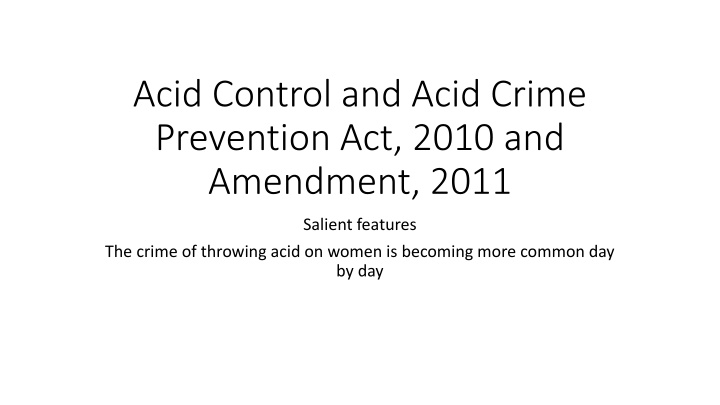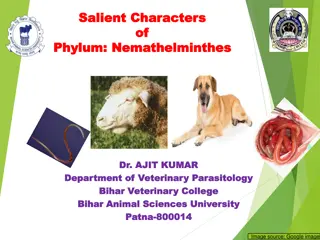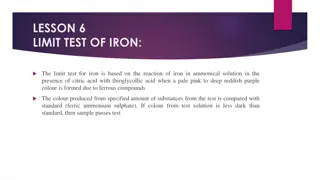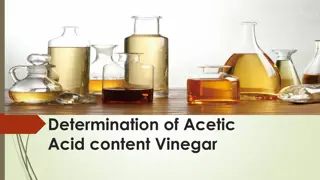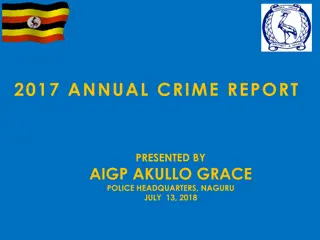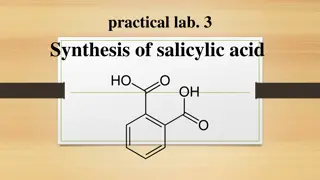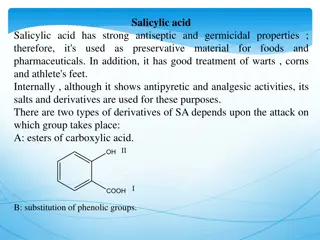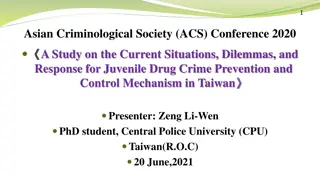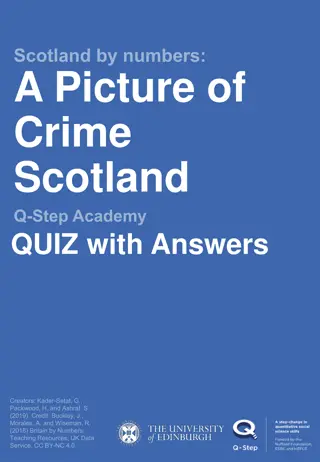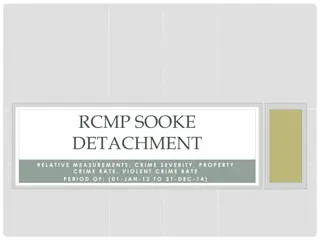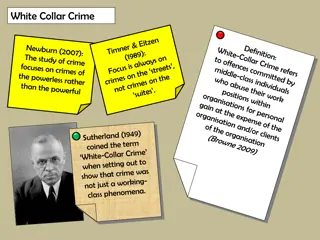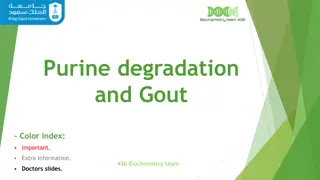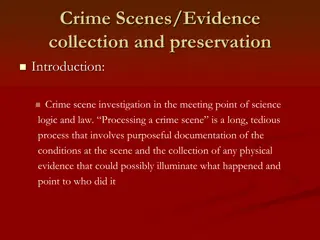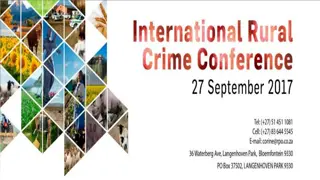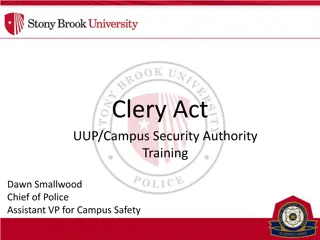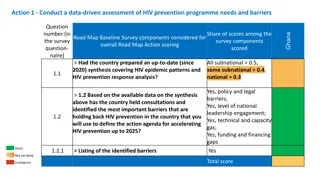Acid Control and Crime Prevention Act 2010: Salient Features
The Acid Control and Crime Prevention Act 2010 aims to address the alarming rise in acid attacks on women. It defines corrosive substances and outlines severe punishments for those causing harm with such substances. The Act also mandates financial relief for victims and imposes licensing restrictions on the sale of poisons.
Download Presentation

Please find below an Image/Link to download the presentation.
The content on the website is provided AS IS for your information and personal use only. It may not be sold, licensed, or shared on other websites without obtaining consent from the author.If you encounter any issues during the download, it is possible that the publisher has removed the file from their server.
You are allowed to download the files provided on this website for personal or commercial use, subject to the condition that they are used lawfully. All files are the property of their respective owners.
The content on the website is provided AS IS for your information and personal use only. It may not be sold, licensed, or shared on other websites without obtaining consent from the author.
E N D
Presentation Transcript
Acid Control and Acid Crime Prevention Act, 2010 and Amendment, 2011 Salient features The crime of throwing acid on women is becoming more common day by day
Whoever with the intention causes or attempts to cause hurt by means of a corrosive substance or any substance which is deleterious to human body when it is swallowed, inhaled, comes into contact or received into human body. Corrosive substance means a substance which may destroy, cause hurt, deface or dismember any organ of the human body and includes every kind of acid, poison, explosive or explosive substance, healing substance, noxious thing, arsenic or any other chemical which has a corroding effect and which is deleterious to human body.
Whoever causes hurt by corrosive substance shall be punished with imprisonment for life or imprisonment which shall not be less thn fourteen years and a minimum fine of one million rupees. The court may, at any stage of the trial on an application by the aggrieved person, direct the accused to pay monetary relief to meet the expenses which may include, but is not limited to 1. Loss of earning 2. Medical expenses
A person shall not manufacture, distribute, supply or sell by wholesale or retail any poison unless he is licensed. Person may be: 1. A pharmaceutical chemist 2. A medical practitioner 3. Veterinary surgeon 4. Any dentist 5. Any other category of person notified by provincial government.
